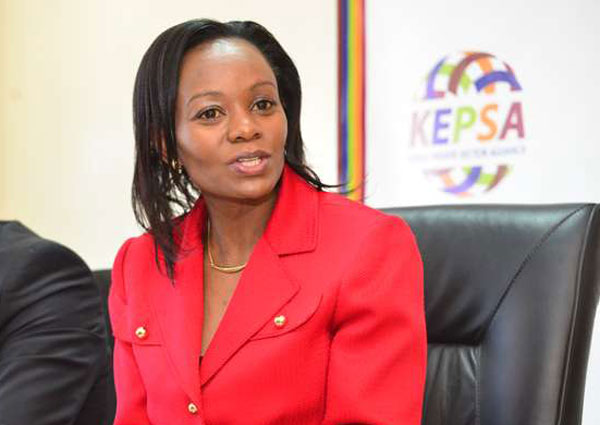Business
Kenya Seeking to Criminalize Delayed Payments to Suppliers

In what is a fresh attempt to check rising pending bills, Kenya wants to make delayed payments to suppliers beyond 60 days by the government a criminal offense.
This was outlined in the summary of a recent roundtable between President Uhuru Kenyatta and representatives from the Kenya Private Sector Alliance (Kepsa). The move would be advantageous to numerous small businesses that suffer due to unpaid supplies in the current environment where they contend with a credit crunch.
The summary indicated the President’s agreement to have all pending payments fast-tracked and have a 60-day cap for payments incorporated into next week’s Finance Bill.
The Finance Bill will also make intentional diversion of funds meant to pay suppliers by any government official a criminal offense.
Should it be adopted, it would translate to prompt settlement of business transactions between the government and the private sector. This would take effect from the 2019/2020 financial year that starts next month and state officials who defy it will face legal action.
Last Saturday, the President ordered the clearance of all pending payments that lack audit queries by June 30.
This latest move comes at a time when the government owes billions of shillings to the private sector for goods supplied or services rendered. For example, data from the office of Controller of Budget shows that all the 47 counties had accrued a total of Sh108.41 billion in bills from contractors and suppliers by the end of the last financial year in June 2018.
According to the 2018 Enterprise Survey for Kenya, approximately 12 percent of the 1,001 firms that participated in the survey had a government contract that was in arrears.
Kepsa had also asked for large fines for non-compliant officials and for interest to be introduced on all pending bills. The prompt payments are expected to result in the reduction of non-performing loans (NPLs), better survival of SMEs and injection of liquidity into the economy.
Central Bank of Kenya (CBK) governor Patrick Njoroge highlighted the government’s pending bills as the main cause of the rise of the banking sector’s NLPs from 12.8 percent in February to 12.9 percent in April.
“Prompt settlement of delayed payments by the government and private sector entities will curtail a further increase in NPLs and support economic growth,” Dr. Njoroge said in last week’s Monetary Policy Statement.
A recent World Bank analysis noted that the cumulative value of pending bills rose from 0.9 percent of the gross domestic product (GDP) during the 2015/16 fiscal period to 1.6 percent in the 2017/18 financial year. The analysis warned that this was chocking the economy due to limited liquidity flow.









